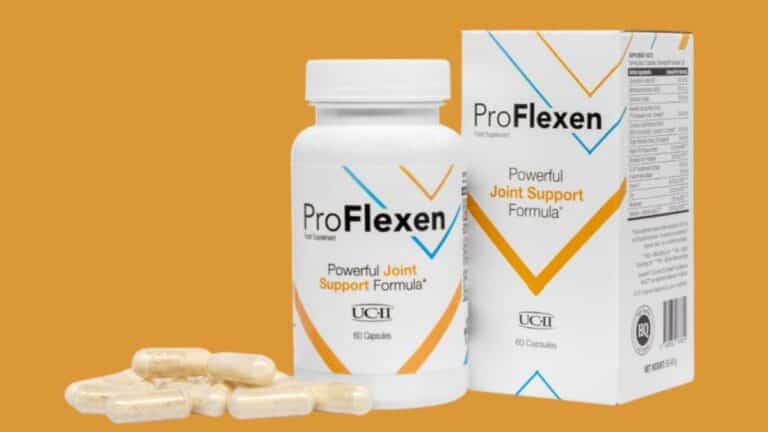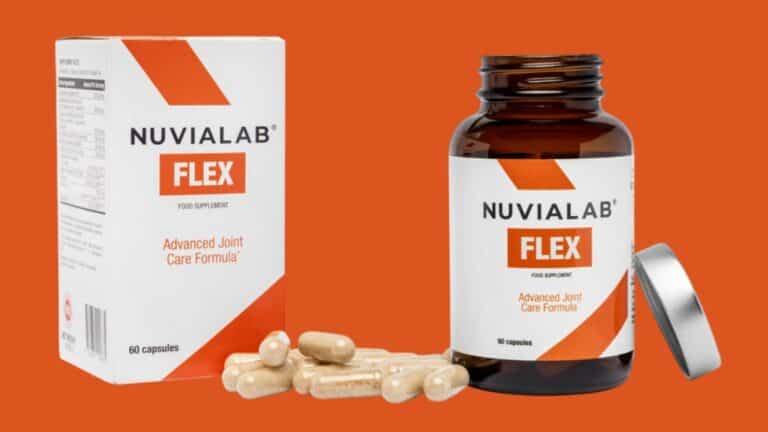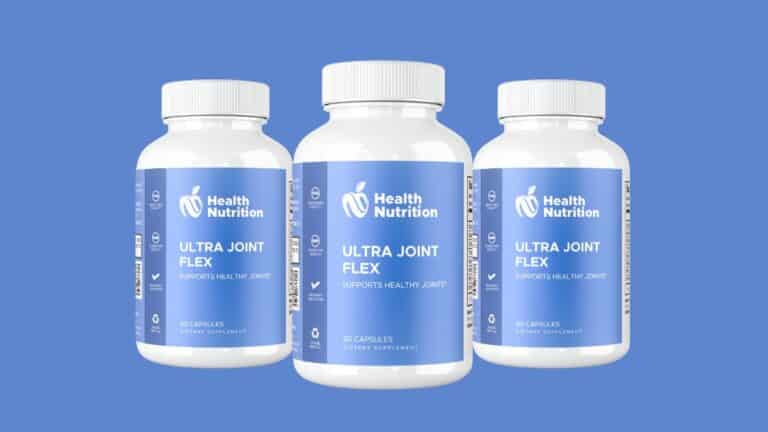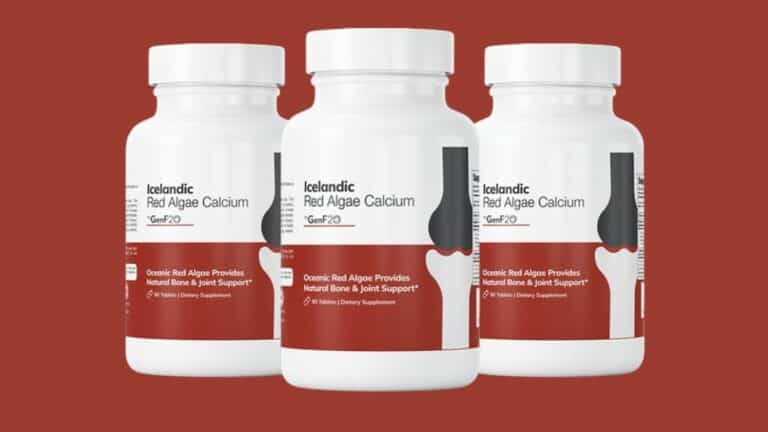In today’s world, where weight loss and achieving a perfect body are highly emphasized, the market for fat burners has flourished. Americans spend over $2 billion annually on these supplements, but the critical question remains: Do they work, and are they safe? This comprehensive blog post will delve into the science behind fat burners, examining their efficacy, safety, and potential natural alternatives.
Understanding Fat Burners
Fat burners are dietary supplements marketed to aid in weight loss and improve body composition. They are often composed of natural or artificial compounds, each claiming to boost metabolism, reduce fat absorption, or suppress appetite. Despite the promises, the reality is more complex.
Do Fat Burners Work?
The effectiveness of fat burners is a subject of much debate. Some ingredients in fat burners may contribute to minor weight loss, but these effects are generally not substantial or long-lasting. Fat burners do not literally burn fat but aim to promote weight loss through various mechanisms:
- Metabolism Boost: Some compounds claim to increase metabolic rate, helping the body burn more calories.
- Fat Absorption Reduction: Certain ingredients may decrease the amount of fat absorbed from the diet.
- Appetite Suppression: By reducing hunger, some fat burners can lead to a lower calorie intake.
However, the lack of regulation by the U.S. Food and Drug Administration (FDA) means that manufacturers can make bold claims without substantial evidence. Most fat burners have not undergone rigorous scientific testing to prove their effectiveness.

Common Ingredients in Fat Burners
Fat burners contain a variety of ingredients, ranging from caffeine to plant extracts. Here’s a closer look at some common components and their effects:
- Caffeine: Known for stimulating the nervous system, caffeine can help burn calories. However, excessive caffeine intake can lead to side effects like jitteriness, insomnia, and high heart rates.
- Green Tea Extract: Often included for its potential to burn calories and reduce fat absorption, green tea extract’s weight loss benefits are minimal. A brisk walk might be more effective. Study
- Carnitine: This compound is involved in metabolism and energy production. Found naturally in meat and dairy, its supplementation has mixed results on weight loss and can cause side effects like nausea and diarrhea. Study
- Yohimbe: Derived from an evergreen tree’s bark, yohimbe is controversial due to limited research and potential dangers, including anxiety, increased blood pressure, and heart problems.
- Soluble Fiber: Ingredients high in soluble fiber, such as beta-glucans and glucomannan, help control appetite and prevent fat absorption from food. While beneficial, fiber supplements should be consumed cautiously to avoid digestive issues.
Are Fat Burners Safe?
The safety of fat burners is a significant concern. The lack of regulation means these supplements can contain harmful ingredients and unpredictable dosages. Some fat burners can interact with medications, leading to serious health issues. Always consult a healthcare professional before starting any new supplement.

Natural Alternatives to Fat Burners
For those looking to lose weight and burn fat safely, natural approaches are more reliable:
- Coffee and Green Tea: Enjoying a few cups of coffee or green tea can offer some weight loss benefits without the high doses found in supplements. Avoid adding sugar or cream to keep it healthy.
- Protein: Increasing protein intake can boost metabolism and control appetite. Focus on lean protein sources like chicken, turkey, eggs, and fish rather than protein shakes or supplements.
- Fiber: Dietary fiber is essential for weight management. High-fiber foods like fruits, vegetables, legumes, and whole grains are better than fiber supplements for digestive health and appetite control.
- Exercise: Regular physical activity is crucial for burning calories and building muscle. Combining cardio and strength training exercises can optimize fat loss and improve overall health.
The Bottom Line
There is no magic pill for weight loss. Fat burners might offer some benefits, but they come with risks and are not a substitute for a healthy lifestyle. A balanced diet, regular exercise, and consulting with healthcare professionals are the best ways to achieve and maintain a healthy weight.
In conclusion, while fat burners are a tempting quick fix, they often fall short of their promises and can pose significant health risks. Adopting natural and sustainable weight loss methods is the safest and most effective way to achieve your fitness goals.
Frequently Asked Questions About Fat Burners
What are fat burners, and how do they work?
Fat burners are dietary supplements designed to aid weight loss by boosting metabolism, reducing fat absorption, and suppressing appetite. However, their effectiveness is often minimal and not well-supported by scientific evidence.
Are fat burners regulated by the FDA?
No, fat burners are not regulated by the U.S. Food and Drug Administration (FDA). This lack of regulation means that manufacturers can make claims about their products without providing substantial evidence, leading to potential safety concerns.
What are some common ingredients found in fat burners?
Common ingredients include caffeine, green tea extract, carnitine, yohimbe, and soluble fiber like beta-glucans and glucomannan. Each has varying degrees of effectiveness and potential side effects.
Are there any risks associated with taking fat burners?
Yes, fat burners can pose health risks, including jitteriness, insomnia, high blood pressure, anxiety, and interactions with medications. Some ingredients, like yohimbe, can even cause serious conditions like heart problems.
Can fat burners significantly help in weight loss?
Fat burners typically result in only minor weight loss and are not a substitute for a healthy diet and regular exercise. The weight loss effects are generally not substantial or sustainable.
What are some safer alternatives to fat burners for weight loss?
Safer alternatives include natural methods like consuming coffee and green tea in moderation, increasing protein intake through lean meats and fish, incorporating high-fiber foods, and engaging in regular physical activity.
Should I talk to a doctor before taking fat burners?
Yes, it is crucial to consult with a healthcare professional before starting any fat burner supplements. They can help assess potential risks and interactions with other medications you may be taking.
Why do people use fat burners if they are not very effective?
People often seek quick fixes for weight loss, and the marketing of fat burners promises easy results. However, these promises are rarely fulfilled, and the best approach remains a balanced diet and consistent exercise.
Can natural foods be as effective as fat burners?
Natural foods can promote weight loss effectively and safely. Foods rich in protein and fiber, along with moderate consumption of coffee and green tea, can aid in weight management without the risks associated with supplements.
What is the best strategy for sustainable weight loss?
The best strategy for sustainable weight loss involves a combination of a balanced diet rich in whole foods, regular physical exercise, and lifestyle changes that promote long-term health and well-being.







